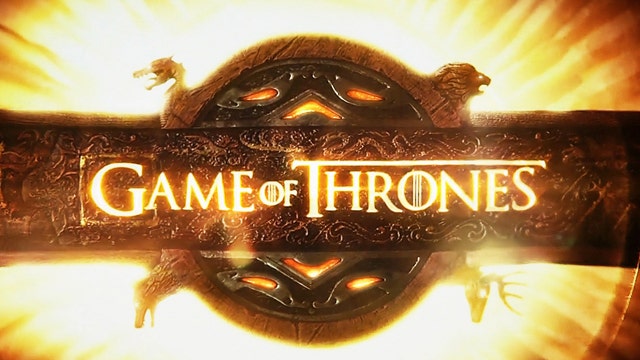When Olly (Brenock O'Connor) dealt the finishing blow to Jon Snow (Kit Harington) in the Season 5 finale of "Game of Thrones," it was fans who really felt stabbed in the gut. No stranger to knocking off our favorite characters, "Game of Thrones" struck again with its most upsetting death since the Red Wedding redefined why we cry at weddings. Jon Snow was the series' last bastion of hope, the hero's hero who has been groomed to take over as the lead protagonist in the epic drama. But there he lay on the grounds of Castle Black, his eyes lifeless and his torso leaking his insides as the screen faded to black.
And then he was brought back to life early in Season 5 thanks to some voodoo magic from Melisandre (Carice van Houten).
'Game of Thrones:' Who will be the Season 7 villain?
Few doubted that Jon would be resurrected, shifting the question of whether or not he'd return to what would happen next after Jon was brought back to life. How would coming back from the afterlife change him as a person? How would his resurrection be incorporated into the story? What would be the cautionary tale of playing god?
However, the only question I have after watching the excellent Season 6 is: What was the point of Jon Snow dying and coming back to life? He died at the very end of Season 5. He was brought back to life in the second episode of Season 6. After that, things were remarkably normal regarding Jon and there was no discernible change in his behavior (aside from hanging a kid, he actually came back even more meek than before). He was the same old semi-bland fantasy hero he was in his first life, and when he was brought back he continued on the path he was already on before he died. So death was merely an inconvenience for Jon, like Cersei spilling a glass of wine on her new robe.
At its worst, the decision to kill Jon was a headline grabber meant to re-energize a series that, while still wildly popular, had come under some criticism in Seasons 4 and 5 and had begun to stir the sands of fan discontent with its rape storylines, treatment of female characters and everything that had to do with Dorne. (Similar things can be said about the the two books that followed the universally praised third novel "A Storm of Swords.") Once Jon died, who cared that the Sand Snakes were simplified cookie-cutter characters who merely sneered and took their tops off?
Killing Jon would push all that negativity aside and bringing him back was just a matter of hocus pocus, so to end Season 5 with the cliffhanger of Jon's death was a low-risk maneuver that could be undone with three simple words: "Jon wakes up." For a show looking to go out with a bang and distract viewers from criticism, killing Jon and then undoing that the next season was a solution.
The fact that Jon's back isn't what's concerning, in fact, I'm happy Jon's back. Aren't we all? The problem again is why did he have to die in the first place? It could be a sneaky loophole to get him out of the Night's Watch, since those guys are supposed to freeze their keisters off at the Wall until they die. Jon died, therefore he's out of his contract, I guess, and can go south to take back Winterfell. But the Night's Watch was already in such shambles and the pressure from north of the Wall so great that he probably didn't need to die to be reassigned to something better suited to his talents. Plus, there's probably a better way to write Jon out of the Night's Watch then going so far as to kill him.
Maybe Jon's death was designed to show Melisandre's power. Except after her work was done, she was quickly shoved off to the side to mope around in the corner. And now Jon sent her away on her own to go anywhere but around him. Some thanks! (Side note: When Beric Dondarrion was resurrected by Thoros of Myr, he said he lost parts of himself every time he came back. That set a cautionary precedent for reanimation. We haven't seen any evidence of that in Jon.)
Siri plays cute and coy with Game of Thrones' Jon Snow twist
Maybe Jon's death was written in to elevate him to power quickly. Everyone loves a good story about a divine resurrection. There's a whole religion based on something like that! But wasn't Jon's bloodline (well, what we thought of his bloodline) and his ability to unify warring tribes for a common cause enough to make him worthy of the crown and the sexy title of King in the North? Did he have to go all the way to St. Peter to command that kind of respect?
It's possible we haven't seen the repercussions of Jon's death yet. Maybe next season he'll be extra grumpy or be able to shoot fireballs out of his butt. Maybe, as some have theorized, he's immortal now. But to not give us any answers quickly after his death -- which, may I remind you, was a HUGE deal -- leads me to believe that Jon was killed just for the show to have something to do during its saggy midpoint, and his death and resurrection won't really have a huge impact on the story. Because Jon Snow 2.0 seems a lot like Jon Snow 1.0, and to me that doesn't make the mental anguish or energy we put into his death worth it.
And no, his new haircut doesn't count as a big enough change.















































